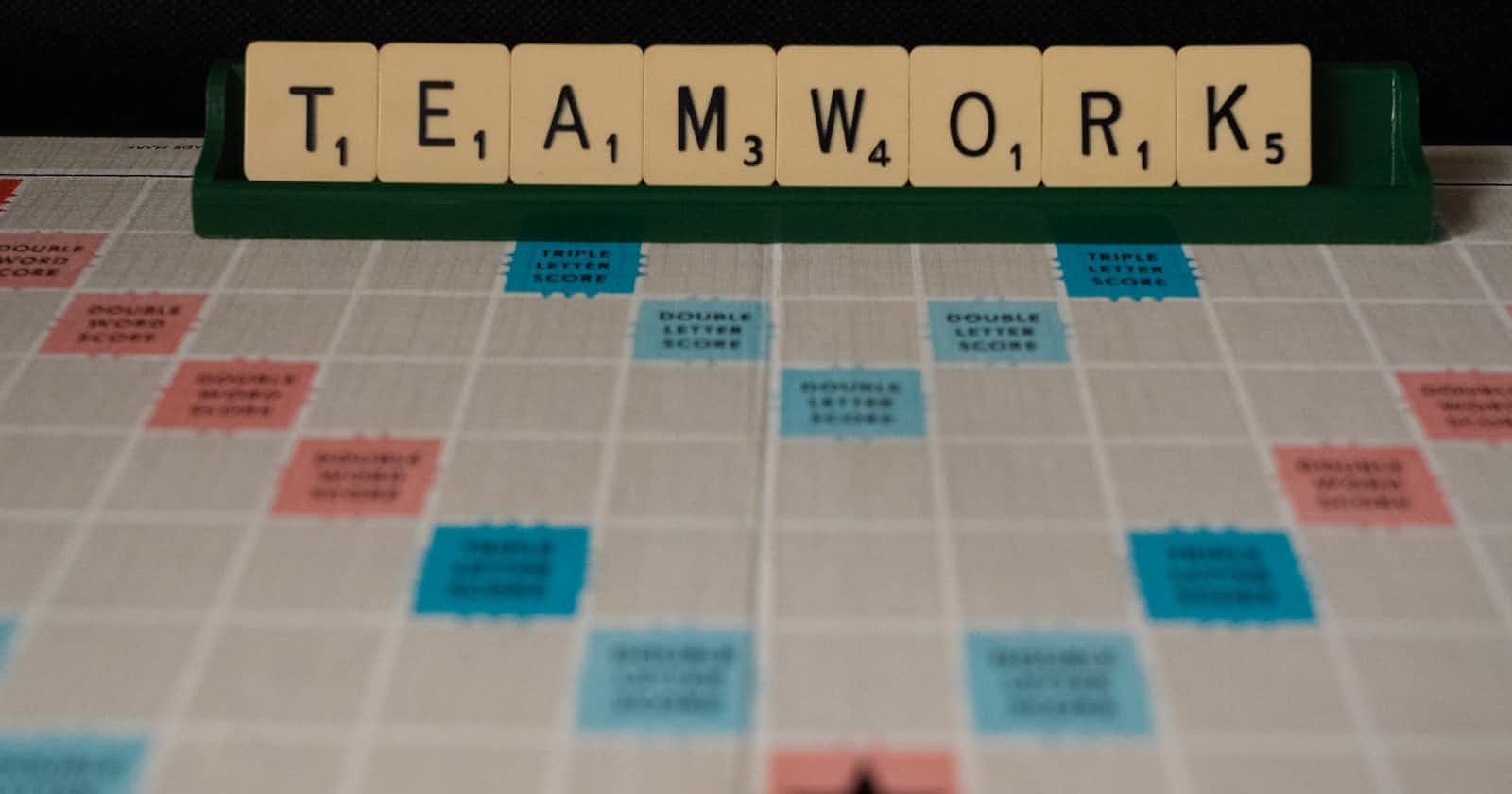
Photo by Nick Fewings on Unsplash
Being a Team Player
Become a productive member of any software development team.
Working on a team is something that almost every software developer will need to do at some point in their career. Being able to become a productive member of a team will allow you a ton more longevity when it comes to your software development career, even if you plan to work solely as a freelancer or start your own company. Unfortunately, some teams are easier to jump into than others, but the good news is there are a few things you can do to make the process easier regardless of the team you are joining. The most important concepts here are going to be communication, ownership, and gratitude.
Communication
Communication skills come in several different forms. There is spoken communication, which is typically the first kind people think about. There is also written communication which can be broken down even farther into different subgroups like email, instant messages, documentation, etc.
While spoken communication is very important for teams, written communication is just as, if not more, important. Being able to communicate through documentation, for example, can actually be the difference in your team members being able to use the new feature you created quickly or wasting hours on trying to make it work themselves. Good written communication can also be the difference in someone knowing exactly what you changed in latest pull request and having to come ask you to explain everything.
Being able to communicate effectively over email and instant messaging is equally important for team building as well as team coordination. Another aspect to communicating over different mediums like this is knowing how to best reach each of your team members individually. Some people respond better to emails, some respond better to instant messages, and some people may respond better to simply walking over to their desk or calling them to talk to them directly.
Ownership
Practicing ownership of your work will always be best practice, and this is not something that is exclusive to team leads. Owning your own work AND your own mistakes is something that will not only gain you more respect from your team members, but will also inspire the rest of the team to do so as well. When each member of a team can own their own part of the project, that becomes a very productive and highly effective team.
So what does it me to "own your work"? This means that whatever work is assigned to you, you take full ownership from front to back. Not only are you the point of contact for that particular piece of the project, but you are also the one to blame if things go wrong. I have found over my entire career, when I take full ownership over my work, I can get things done faster. Also, if something goes wrong, even if it isn't entirely my fault, taking the blame always boosts morale of the overall team, and it keeps people from playing the "blame game". It could be argued that you cannot always control everything, and I would agree. However, there is always something that could have been done differently, so the best course of action is to quickly learn from the mistake.
This also allows for issues to get resolved much quicker as a result, because instead of spending time on figuring out whose fault it was, prevention and risk mitigation are the first on the priority list. Ownership requires a delicate balance of confidence and humility. You need to have the confidence to make good decisions and the humility to realize when you've made a mistake.
Gratitude
On the other side of ownership is gratitude. When working with a team, you will have team members that help you with some aspect of your work all the time. It's important to show gratitude towards this help no matter how small. Showing gratitude to and sharing the "kudos" with other members will foster a culture of pure team work and inclusion.
Showing that you appreciate even the small things will also lead your team members to want to continue helping you. Your gratitude should also extend beyond your team. The easiest way to build relationships with cross-functional teams is the help those teams with their work and show lots of gratitude when those teams help you or your team.
Teamwork Makes the Dream Work
If you work on these three areas (Communication, Ownership, and Gratitude), you will be able to quickly become a productive member of any team. The key idea here is actually putting the team before yourself, which is hard especially when advancement in our career is based on individual achievement.
The cool thing about teamwork though is it truly does make the dream work. Even if the dream is a promotion. This is because if you put your team first and always make decisions based on what's best for the team, the team will return the favor. One last piece of advice is to embrace the differences in each team member. The larger the team, the less likely it will be that everyone thinks the same and has the same interests and opinions. This is a good thing! Embrace these differences, because they make your team what it is. Also, things would get very boring if everyone always agreed on everything.

